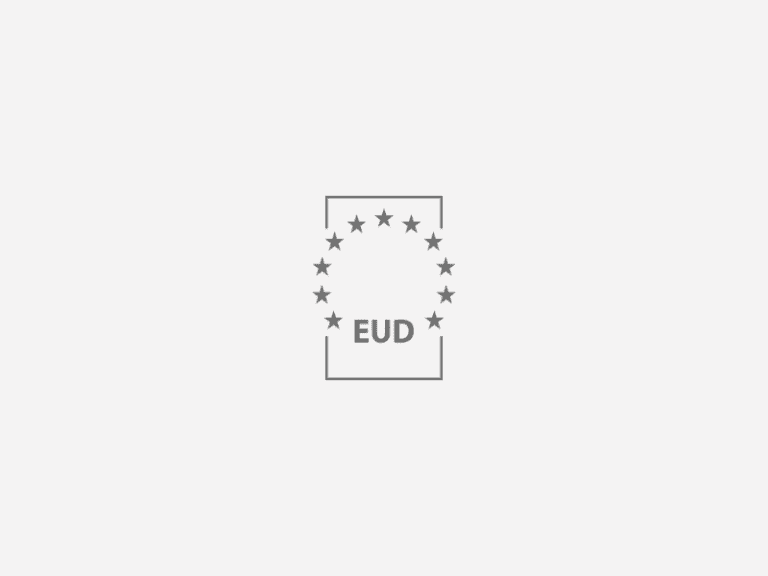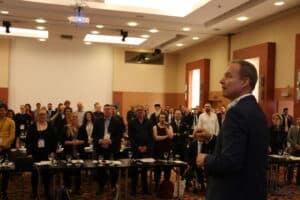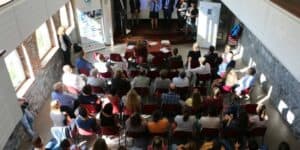Op de 6de of March, EUD attended the Strategic Dialogue meeting at the European Commission, organised by the European Commission’s Directorate-General for Employment, Social Affairs and Inclusion (DG EMPL) to discuss the current state of play and planned future actions on the integration of migrants in the EU.
Katarina Ivankovic-Knezevic, Director of DG EMPL, highlighted that one of the most significant issue is the rate of unemployed migrants. It is twice as high as the rate of unemployment of general population, and typically, the jobs offered to migrants do not correspond to their capacities and skills. To overcome this, the European Commission has developed the EU Skills Profile Tool for Third Country Nationals that supports the early profiling of their skills.
During the discussions it was highlighted that the funds provided by the European Commission play a major role. The projects dedicated for the integration of migrants can be financed by the European Social Fund Plus (ESF+) and the Asylum and Migration Fund (AMF) programme. The AMF provides funds for projects that focus on improving reception conditions and integration measures at the early stages and aims at ensuring an efficient management of migration flows. The ESF+ fund funds the projects that aim at ensuring medium-long term integration of migrants. It was underlined that, once the projects have been completed, it is necessary to reuse the valuable outcomes and continue the established cooperation with different projects, cross-reference results and making connections.
Jiri Svarc, the Head of Unit for Social Investment Strategy, DG EMPL, moderated the open discussion to explore possible opportunities for cooperation with civil society organisations. EUD highlighted the multiple obstacles that deaf migrants may experience. For instance, deaf migrants face barriers when trying to access administrative procedures, since most of the time they are not accessible. During the administrative screening or during an interview with an administrative agent, not only do deaf migrants not know the local spoken language, they also do not know the sign language of the country where they are now located.
Therefore, those projects that focus on the integration of migrants should acknowledge that there is an issue of intersectional discrimination. Projects which discriminate on the basis of disability must not be accepted. Above all, close consultation with organisations that resent persons with disabilities to improve the integration of migrants is indispensable.
A Link to the EU Skills Profile Tool for Third Country Nationals:













